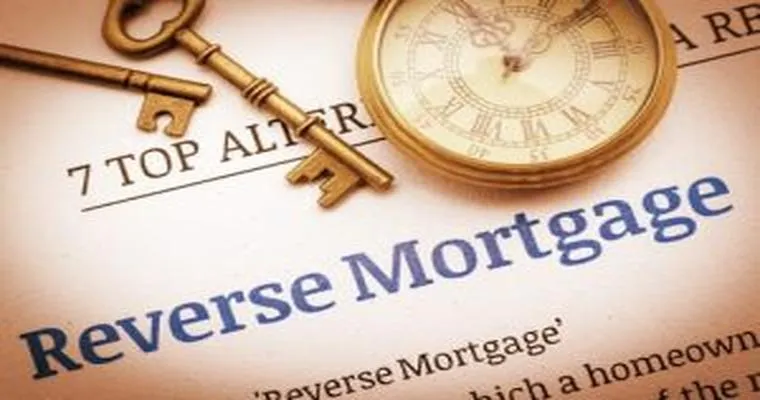Navigating the intricacies of a "reverse mortgage" can be challenging, especially when family dynamics and financial responsibilities intertwine. If you find yourself in a situation where you are "paying payments" on your dad’s reverse mortgage despite knowing that no payments are required, it’s essential to understand the implications of this financial arrangement. Moreover, the question of whether to put your name on the deed adds another layer of complexity that needs careful consideration.
A reverse mortgage allows homeowners, typically seniors, to convert part of their home equity into cash without having to make monthly mortgage payments. Instead, the loan is repaid when the borrower sells the home, moves out, or passes away. If your father is the primary borrower, he is not obligated to make monthly payments as long as he continues to live in the home and meets the loan requirements. This can lead to confusion if you are still making payments out of concern for the mortgage balance or to help with expenses.
Before deciding whether to put your name on the deed, consider the following factors:
1. "Understanding the Reverse Mortgage Terms": Familiarize yourself with the specific terms of your dad's reverse mortgage. This includes understanding the loan balance, interest rates, and any potential impact on inheritance or estate planning. Knowing these details can clarify why payments may not be necessary.
2. "Financial Responsibility": If you have been consistently paying on the reverse mortgage, evaluate why you feel the need to do so. If the payments are intended to maintain the home or cover other expenses, it might be worth discussing these financial responsibilities with your father.
3. "Implications of Adding Your Name to the Deed": Adding your name to the deed could have several implications. It may provide you with rights as a co-owner, but it can also affect your father’s ability to access funds from the reverse mortgage. Furthermore, if your father passes away, owning part of the home may complicate the inheritance process and any estate taxes that may arise.
4. "Consulting with Professionals": Before making any decisions, consider consulting with a financial advisor or a real estate attorney. They can provide insights tailored to your situation and help you understand the potential consequences of your actions, including tax implications and the effect on your father’s equity.
5. "Communication with Family": Open communication with your father and other family members is crucial. Discussing everyone's financial concerns and intentions can help avoid misunderstandings and ensure that everyone is on the same page regarding the reverse mortgage and the property.
In conclusion, while you may be paying payments on your dad’s reverse mortgage, it’s important to recognize that these payments are not required. Before deciding to put your name on the deed, take the time to understand the reverse mortgage terms, consult with professionals, and communicate with your family. This approach will help you make informed decisions that benefit both you and your dad in the long run.





